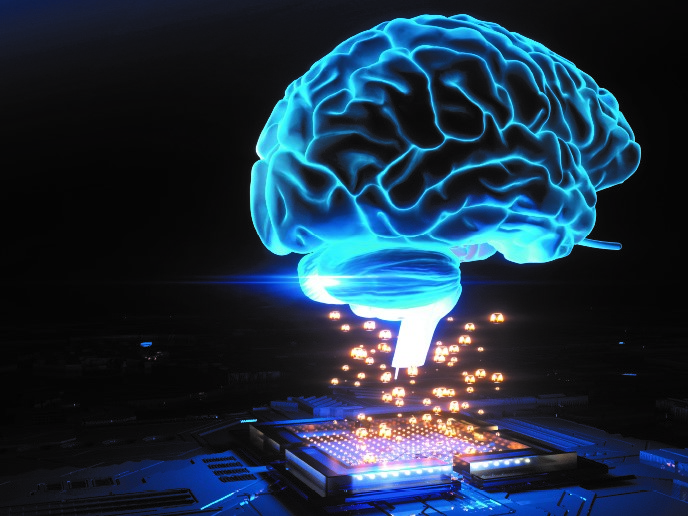How the digital revolution is transforming EU-funded brain research
Around 165 million Europeans are afflicted with a brain disorder and it is estimated that one in three people will suffer from a neurological and/or psychiatric disorder at some point in their lives. In 2011, the global cost to European healthcare budgets was estimated to be around EUR 800 billion per year and is set to only increase further as Europe’s population ages and becomes more susceptible to brain disorders. Brain disorders come in many forms, from neurodegenerative diseases, with some of the most well-known being Alzheimer’s, dementia, schizophrenia and Parkinson’s disease. However, other diseases and conditions that are also classed as brain disorders include epilepsy, depression, stroke, migraine, sleep disorders, pain and addiction. Many brain disorders have no cure, such as Alzheimer’s and Parkinson’s. Others can be managed, but still have wide-ranging effects on the quality of life of patients and their carers.
An EU research priority
Now the research focus on developing new treatment options for patients with brain disorders has taken an inevitable digital turn – harnessing the power of digital technologies and the increasing clout of computing as a means to push forward the boundaries of brain research, cognitive neuroscience and brain-inspired ICT advances. Alongside basic research, technological advances are also lending themselves to new solutions that help patients better manage their conditions, thus leading to improvements in quality of life – wearable technology, for instance. This is why the European Commission has been supporting brain research through successive research and innovation Framework Programmes: EUR 3.1 billion in the previous programme, FP7 (2007-2014), and another EUR 3.2 billion so far through Horizon 2020. EU support for brain research spans across the various Commission funding mechanisms, from Horizon 2020’s research focus on health (indeed one of the six specific Societal Challenges addressed through Horizon 2020) and the industry co-supported Innovative Medicines Initiative (IMI), to the European Research Council (ERC), the dedicated SME Instrument and the Future and Emerging Technologies (FET) programme. A selection of projects from all of these initiatives are featured together within this Results Pack.
Power to the projects
In total, this CORDIS Results Pack features 16 articles, with six dedicated to the Human Brain Project (HBP), a EUR 1 billion Flagship foreseen to be half-funded by the FET programme, including an introductory overview of this vast 10-year project as well as five more pinpointed articles, each exploring one or a combination of key scientific aims, research platforms or ethics safeguards that form the heart of the HBP initiative. The HBP aims to accelerate our understanding of the human brain and its diseases and in particular to build a unique European ICT-based research platform for neuroscience, medicine and advanced ICT technologies. From the Innovative Medicines Initiative, a partnership between the European Union and the European pharmaceutical industry, we feature the AETIONOMY project that systematically captures and represents knowledge on neurodegenerative diseases in a computable format that represents causes and effects and that can be analysed using algorithms. Also funded through the IMI, the EU-AIMS project has developed a large autism database, one of the richest of its kind in the world, which has the potential to drastically change the knowledge base for autism, whilst the PRISM project has developed a new framework that would help researchers better understand the complexity of neuropsychiatric illness, moving away from current reductive disease classifications, to pave the way for new treatments. Next, from the European Research Council, we showcase two projects: ONOFF, which has built upon previous efforts to better understand auditory hallucinations in patients with schizophrenia, leading to possible new cognitive and pharmacological treatments, and NOSUDEP, which has pioneered wearable electronics as a means to help epilepsy sufferers. Both of these projects continue the work of earlier ERC-funded projects. Other Horizon 2020-funded projects that feature in this Pack include the BREAKBEN project that has designed and built highly sensitive magnetometers that promise better and more detailed brain scans and the PRONIA project that created new algorithms that allow for more accurate psychoses’ predictions. Finally, the MINDVIEW project has developed a compact brain PET imager that can be combined with existing MRI systems to better diagnose schizophrenia.



